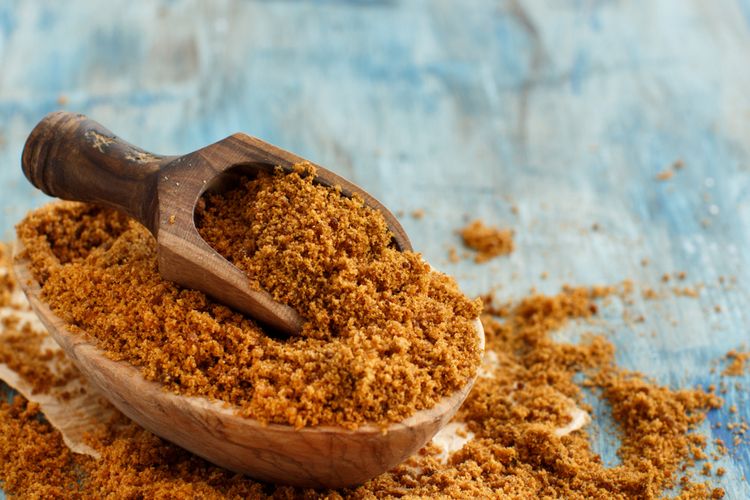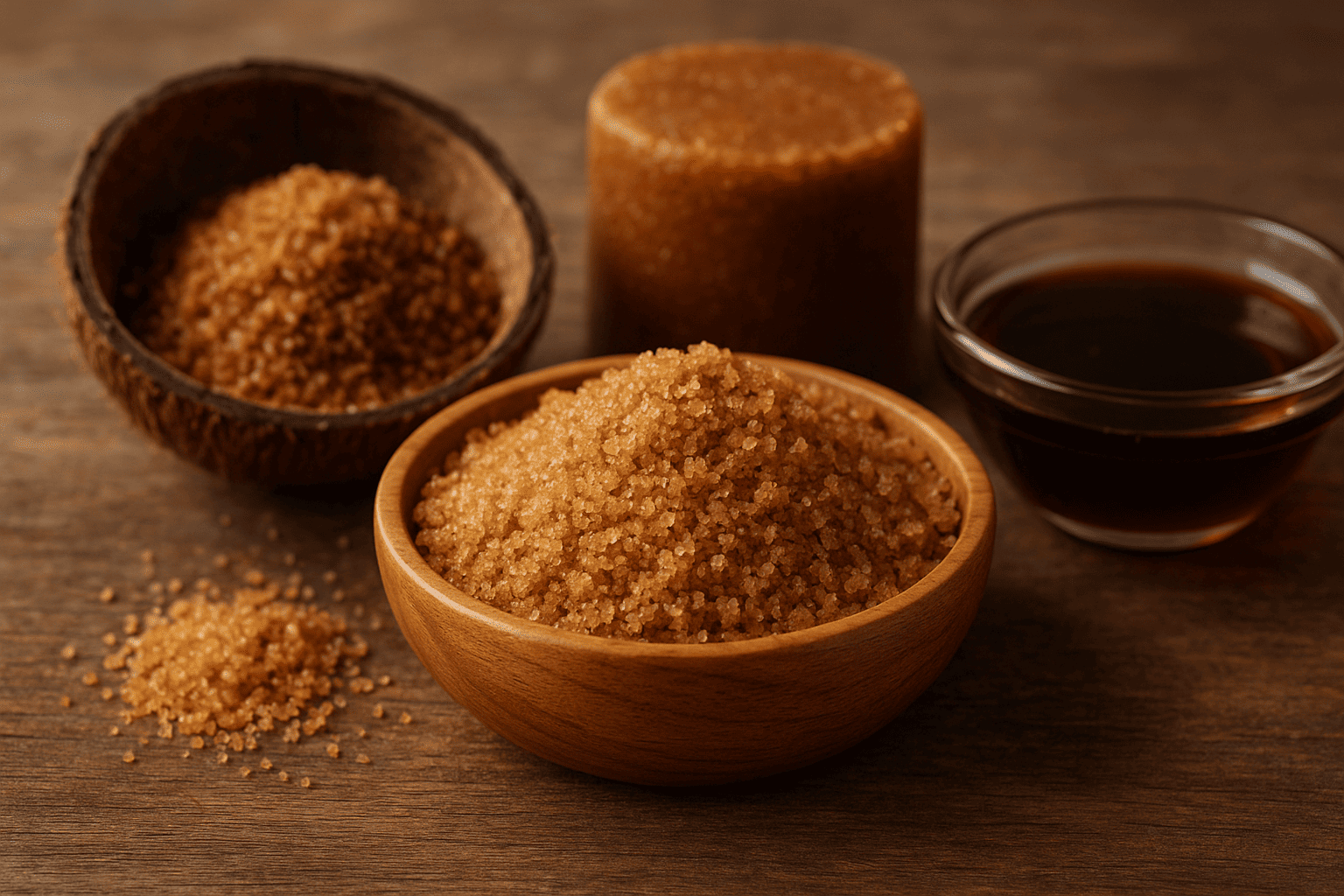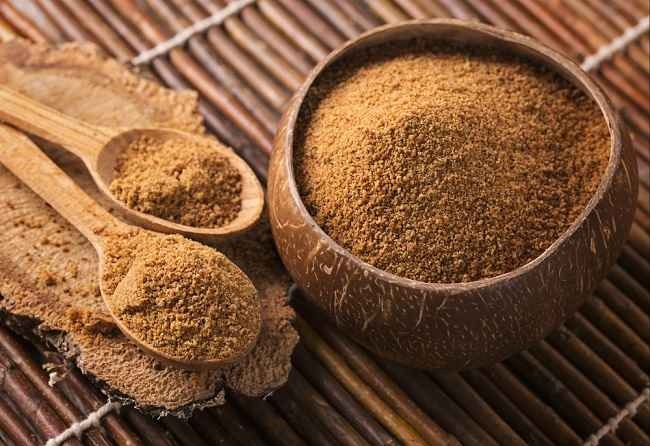
The Role of Palm Sugar in the Local Farmers’ Economy
Introduction
Palm sugar is a traditional sweetener made from the sap of the sugar palm (Arenga pinnata). For generations, it has been valued not only for its distinctive taste and natural health benefits but also for its important role in supporting the livelihoods of rural farmers. Behind its natural sweetness, palm sugar contributes significantly to the economic resilience of local communities, especially those living in villages that rely on forest and smallholder crops.
Economic Potential of Palm Sugar
- Source of Income for Farmers
Farmers who cultivate sugar palm trees can process the sap into block sugar, palm sugar granules, or palm syrup. These products have steady market demand and provide farmers with sustainable income. - Expanding Market Opportunities
With the growing global trend toward healthier lifestyles, demand for natural sweeteners is increasing. Palm sugar, with its lower glycemic index, is seen as a healthier alternative to cane sugar. This creates new opportunities for local farmers to expand their sales. - Value-Added Products
Beyond traditional block sugar, palm sap can be developed into modern products such as instant palm sugar granules, palm syrup, or even as a raw material for beverages and baked goods. This diversification enhances product value and widens market reach.
Socio-Economic Impact
- Reducing Dependence on Cane Sugar: The popularity of palm sugar provides consumers with healthier alternatives, while farmers diversify their income sources.
- Boosting Village Economy: The palm sugar business generates employment—from sap tappers and processors to traders—stimulating local economic activity.
- Preserving Local Traditions: The production process, often still traditional, helps safeguard cultural heritage and indigenous knowledge.
Challenges Faced
Despite its potential, palm sugar farming faces several challenges:
- Traditional Processing Methods, which may result in inconsistent product quality.
- Limited Market Access, especially for farmers in remote rural areas.
- Price Fluctuations, influenced by seasonal supply and demand changes.
Conclusion
Palm sugar is more than just a natural sweetener—it plays a crucial role in supporting local farmers’ livelihoods. With improved technology, better market access, and sustainable promotion, palm sugar has the potential to become a key commodity that enhances rural welfare while contributing to the broader national economy.



